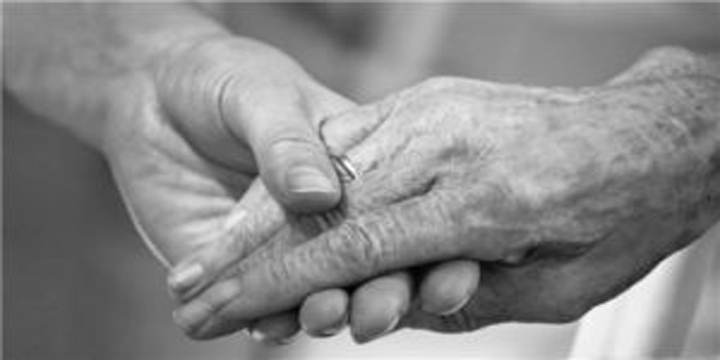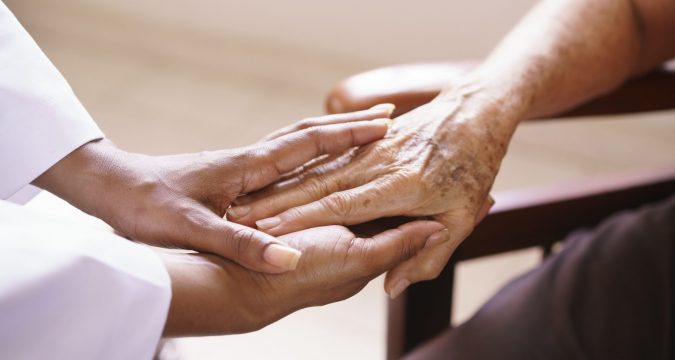
With lack of medical facilities across old age homes, offering need-specific solutions becomes crucial
January 7, 2021Beena, a 74-year-old woman, has been facing difficulties while buying groceries for herself. During Covid, when the world is suffering, she has been going out, risking her life for availing basic necessities. The saddest reality is that she is not the only one.
India has around 100 million older adults and the number is expected to increase to 323 million by 2050, constituting 20 per cent of the total population of the country. In the Maintenance and Welfare of Parents and Senior Citizens Act of 2007, ‘senior citizens’ group includes any person, being a citizen of India, who has attained the age of 60 years or above. In the recent times, there has been a change in the family structure due to which the traditional joint family system is on a decline. With the increase in nuclear families, Indians are moving out of the traditional mode of caring for ageing parents at home.
Old Age Homes have been facing problems ranging from getting access to medical services to having sufficient food for the elderly. The residents of such NGOs fall into the high-risk category of Covid-19 and it becomes difficult for the NGOs to care for them in every aspect with limited resources.
The biggest challenge for the elders during the pandemic has been accessing healthcare, buying medicines, groceries and banking. Amid the pandemic, NGOs catering to the elderly have been suffering as much as their residents. Amidst this situation, several corporates have stepped in to help these NGOs.
In the wake of the pandemic, Adani Wilmar Ltd, an FMCG, has stepped forward to help the elderly in need by delivering groceries to approximately 22 old age homes with the support of VridhCare, a bridging NGO. Since there were numerous delivery challenges, considering the pandemic scenario, all of them were dissolved by the FMCG group through the process of direct delivery to old age homes with the assistance of the volunteers at VridhCare. In addition to this, the products were of premium quality and all the grocery items were provided at wholesale prices, which helped in reducing the expenditure of the NGOs in current times.
Several other companies like Sunflame have also stepped in to contribute grocery items to the old age homes. It is companies like these that have set a benchmark when it comes to not only undertaking CSR initiatives but also making a difference in the world.
Contributing to a noble cause has been a part of the corporate world in the form of CSR activities. To ensure that the help reaches to its desired place, NGOs like VridhCare build a strong bridge between corporate and NGOs, so that the companies not only meet their CSR goals but also reach the NGOs that need it the most.
One of India’s largest FMCGs, Hindustan Unilever, also believed that FMCG firms have a huge role to play in helping the country during Covid-19. It is also believed that FMCG firms can also partner with bridging NGOs like VridhCare, BridgeIndia, Impactify, etc, to help reach the needy.
With the recent contribution made by several companies, many NGOs have received the help that they needed in terms of groceries and food. As corporations are moving beyond profit-making to support the disempowered elderly, the living conditions and quality of life for the elderly may enhance over time. In such events, the global humanitarian community must be at the forefront by responding to the rapidly escalating humanitarian needs across the globe.





